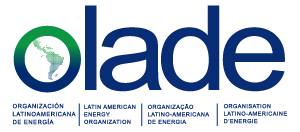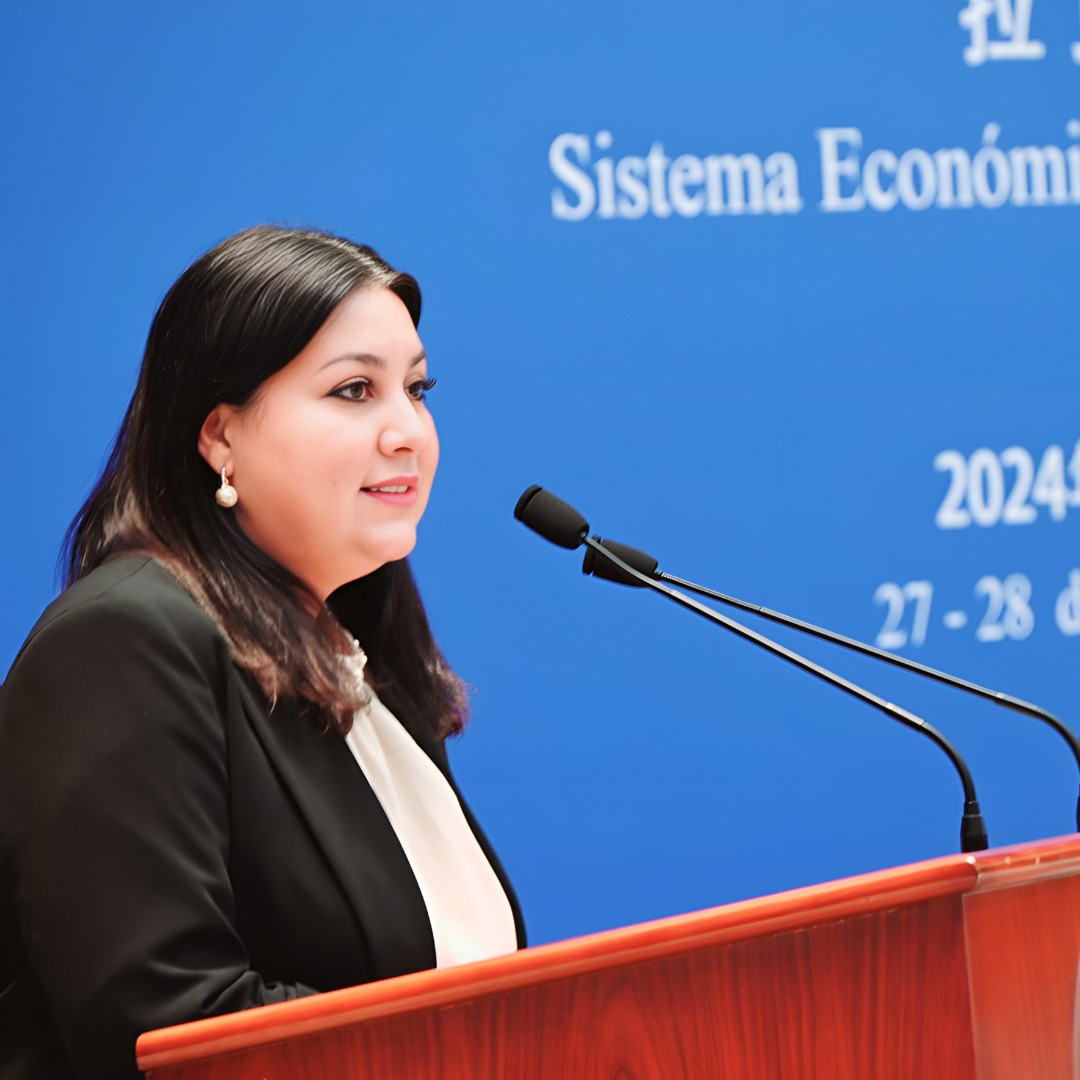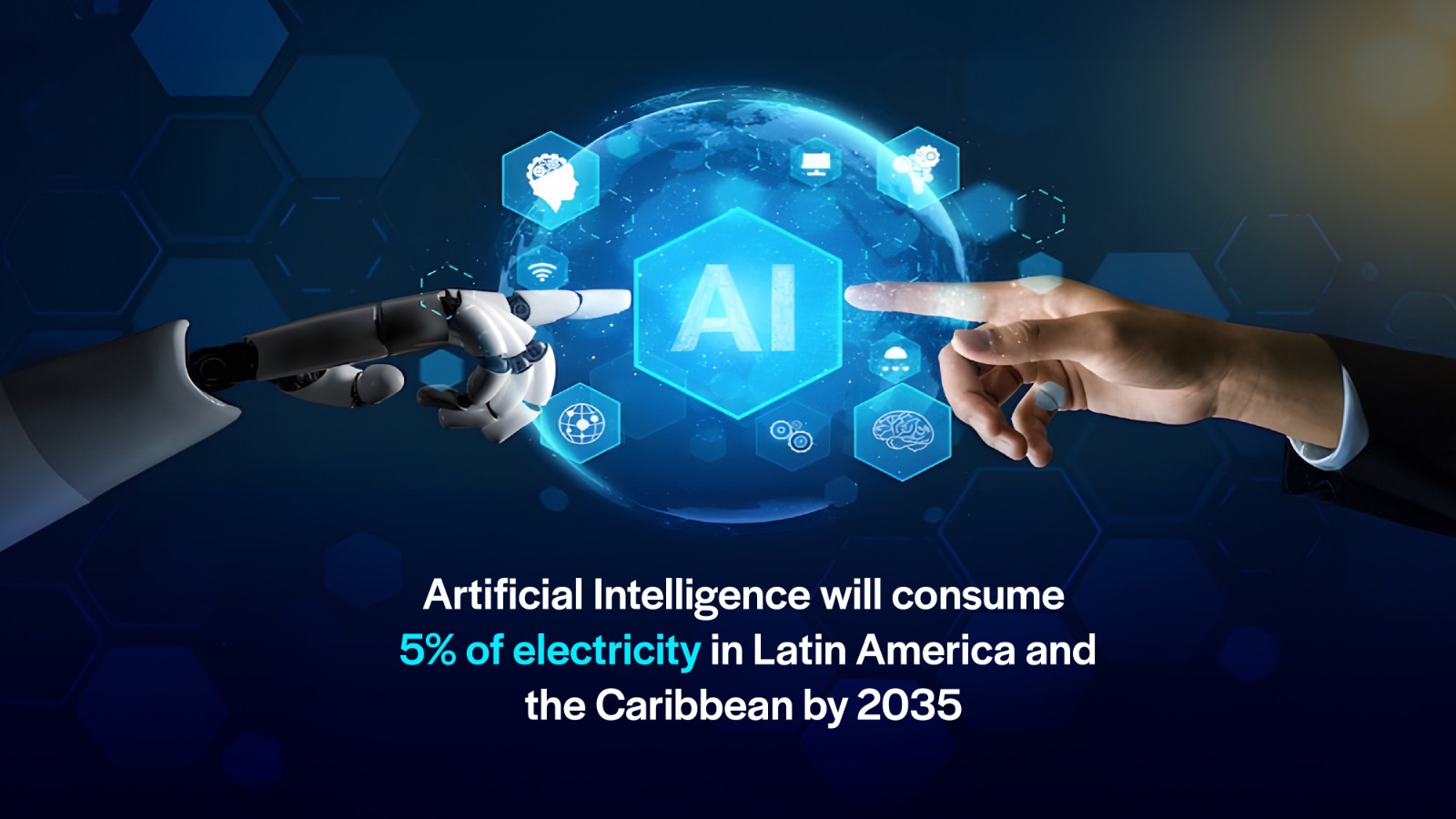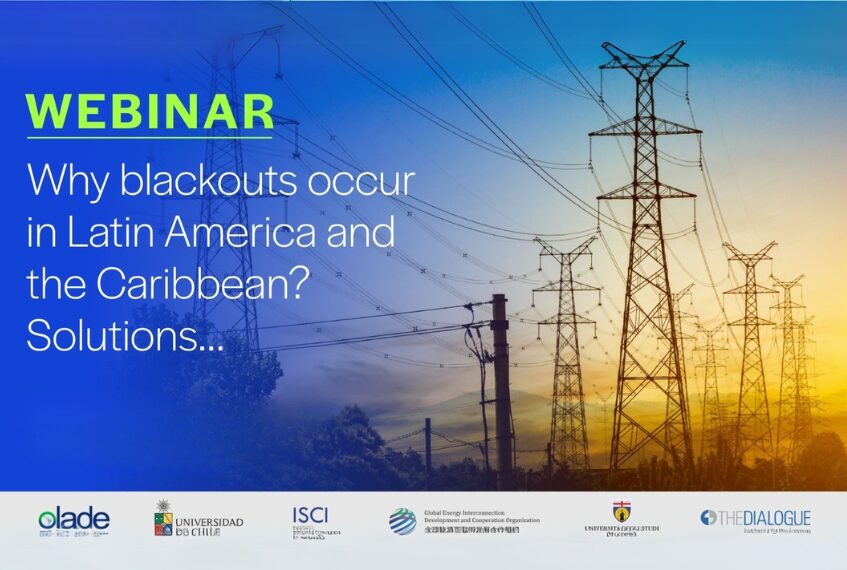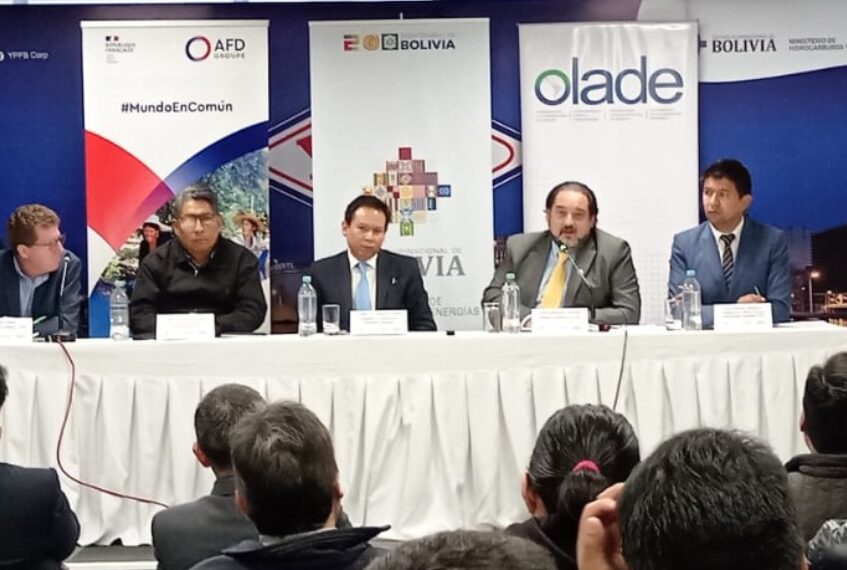Aiming to strengthen political, economic, and cultural ties between nations, the Latin American and Caribbean Economic System (SELA) organized the “Forum on Development of Latin America and the Caribbean with China” in Beijing, China.
In a constantly evolving global context, it is essential for countries to promote cooperative relationships and constructive dialogue that transcend geographical boundaries. In this regard, SELA has launched this forum as a platform to reinforce connections between the People’s Republic of China and the nations of Latin America and the Caribbean.
The event featured various regional authorities. Representing the Latin American Energy Organization (OLADE) was Gloria Alvarenga, Director of Integration, Access, and Energy Security, who highlighted the crucial role of Latin America and the Caribbean in the global energy transition. “Latin America and the Caribbean is one of the greenest regions on the planet, with a high percentage of renewable energy penetration at the primary level, thanks to the region’s natural conditions, which significantly contributes to energy resources,” Alvarenga noted.
The forum was designed as a space to strengthen political, economic, and cultural bonds between participating nations, as well as to facilitate dialogue, cooperation, and sustainable development in key areas such as economic partnerships, infrastructure development, sustainability, academic exchange, and joint research in renewable energy.
Additionally, Gloria Alvarenga participated in a roundtable discussion on energy investments alongside Pedro Silva Barros, researcher at IMPEA; Wang Jinzhao, Executive Deputy Director of the International Knowledge Center for Development of China; Salvador Moncada, Ambassador of the Republic of Honduras; and Zhang Yongsheng, General Director and researcher at the Institute of Ecological Civilization of the Chinese Academy of Social Sciences.
During the roundtable, it was emphasized that boosting energy investment is crucial for ensuring a sustainable future, as only with adequate resources can progress be made towards clean technologies and universal access to quality energy.
Department of Communication and Institutional Relations – María Josefa Corra
